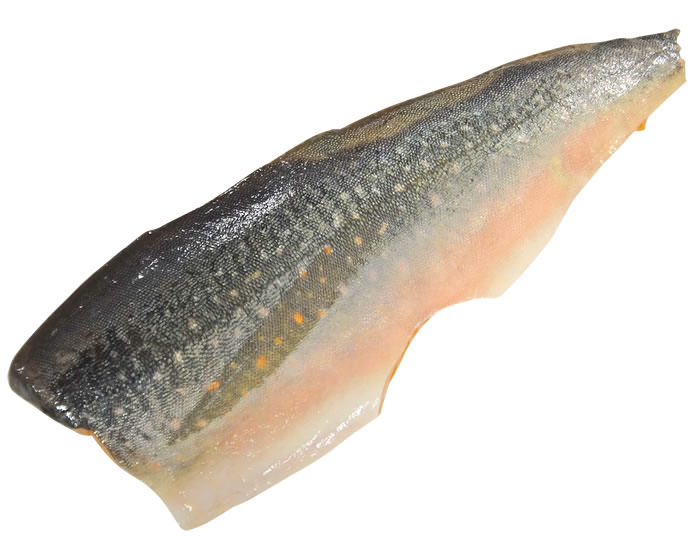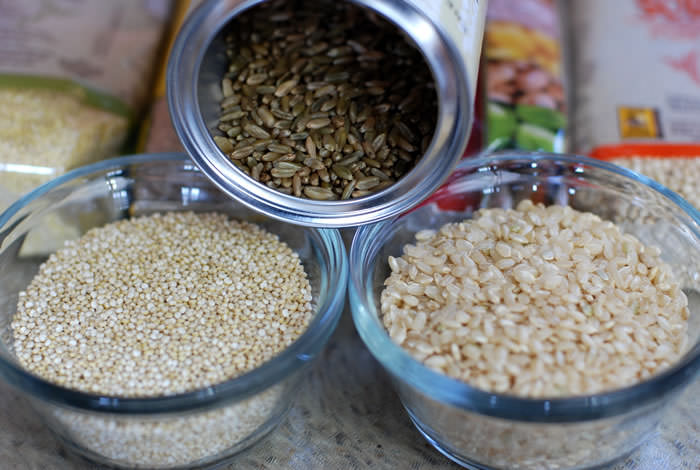edible nutrition
BRAIN FOOD
Exploring the potential link between diet and dementia.
WRITTEN BY SUSAN DITZ
It is overwhelming to learn that a loved one has an incurable illness. Recently, one of my treasured family members was diagnosed with moderate dementia, a brain disorder that strikes one in nine people aged 65 and older, according to the Alzheimer’s Association. That’s a scary statistic for any baby boomer. The dementia umbrella covers an array of disorders, including Alzheimer’s disease, and, frustratingly, it seems the only thing the medical community agrees on is that dementia is a complex, terminal disease.
Wanting to offer help to my loved one, I embarked on a search for science-based information about dementia’s causes and treatments, and I was plunged into a perplexing jumble of controversy, hype, and confusion.
Potential causes
Some researchers suggest that the increase in dementia cases is due to the typical American’s high carbohydrate and grain diet, which we know also contributes to increased rates of Type 2 diabetes, obesity, and heart disease. This struck a chord with me, knowing my relative, once a robust, competitive athlete, now 77, has been struggling with weight gain for a decade; is a Type 2 diabetic with cardiac disease and a pacemaker; and has had two mild strokes, thanks in part to heredity. I discovered there’s a suspected connection between these diseases and inflammation, which is being studied as a contributor to dementia.
Digging deeper, I found the Internet saturated with claims that restrictive high-fat/low-carb diets such as Paleo, Grain Brain, Bulletproof, Atkins, or Ketogenics are the answer to a thin body and healthy brain, and these assertions are enhanced by marketing campaigns, including compelling testimonials (and some sponsored research) about their positive effects on brain disorders such as epilepsy, ALS, Parkinson’s disease, and dementia. Proponents get a lot of media exposure, promote their books, and rank highly on Google searches. But are these claims real? I wanted to know whether there was verifiable, independent research on the relationship between diet and dementia and whether specific foods could be part of a sound brain-health plan.
Science behind claims
According to Kim Mason, registered dietician and manager of Carson Tahoe Health’s Nutrition Therapies, there are no hard data definitively showing that low-carb/high-fat diets prevent dementia or halt its progression.
However, there are some alternative approaches that have demonstrated promising results. Gerontologist Dr. Steven L. Phillips, medical director at the University of Nevada, Reno’s Sanford Center for Aging, recommends the Dietary Approaches to Stop Hypertension, or DASH diet, which was developed by the National Institutes of Health to prevent and control hypertension without medication. In addition, he notes that the new hybrid MIND program (Mediterranean-DASH Intervention for Neurodegenerative Delay) has shown some potential for reducing the risk of developing dementia.
“Interestingly, it often is the heart disease and diabetes that contribute to development of dementia rather than the reverse,” Phillips says. “I always tell my patients, ‘A healthy brain leads to a healthy heart, as a healthy heart leads to a healthy brain.’”
The MIND diet includes 10 food groups recognized as healthy for the brain: vegetables (particularly leafy greens); nuts; berries; beans; whole grains; fish (especially tuna, salmon, trout, mackerel, and herring); poultry; olive oil; red wine in moderation; dark chocolate; ginger; turmeric; and cinnamon. Avoiding red meats, butter and margarine, cheese, pastries and sweets, and fried/fast food is strongly recommended.



Mason explains that the Mediterranean diet has been around for centuries with substantiated results. Some studies suggest that its antioxidant-rich fruits and vegetables may help protect against damage to brain cells associated with Alzheimer’s disease, as well as increasing the levels of proteins in the brain that also may protect brain cells from damage. Inflammation also is linked with Alzheimer’s disease, and there are some indications the MIND diet reduces this condition. Those who eat this way also tend to have lower cholesterol levels, which recent research suggests may be associated with memory and cognitive capabilities.
“It’s about a balance of food synergy,” Mason explains. “The key is in learning how to combine elements to be nutritionally effective, like eating dark chocolate and nuts.”
Clearly a lot of clinical research is needed to better understand and quantify how food affects the brain. But for now, my family and I are going to avoid being trendy, live each day fully, listen to local experts, and be MIND full.
Susan Ditz is a freelance writer from Minden who is focusing on food as medicine in 2017 and learning as much as she can about maximizing brain health through nutrition.
RESOURCES
To teach the community about the elements of these food regimens and how to implement them at home, Mason will present a series of classes April 26 – June 14 at Carson Tahoe Regional Medical Center in Carson City. For details, call 775-445-5169.
RECIPE
Peppered Walnut Chocolate Bark
(courtesy of Kim Mason, registered dietician and manager, Carson Tahoe Health’s Nutrition Therapies in Carson City. Makes 20 servings)
For toasted peppered walnuts
2 cups walnut pieces
1 teaspoon olive oil
1 tablespoon crushed red pepper flakes
For chocolate bark
12 ounces dark chocolate chips (or bittersweet or semisweet chocolate)
Preheat oven to 350 degrees F.
Place walnut pieces in bowl. Pour olive oil over nuts, add crushed pepper, and toss. Pour nuts on cookie sheet, spread out evenly, and cook 8 to 10 minutes, watching to make sure they do not burn.
Put chocolate chips in microwave-safe bowl and microwave on high for 1 minute; stir and continue to microwave in 10-second intervals until melted.
Add toasted walnuts to chocolate and mix. Pour chocolate-nut mixture onto cookie sheet lined with parchment paper. Spread mixture into rectangular shape about ¼ inch thick. Cool in refrigerator at least 15 minutes or until chocolate is set. Break bark into small pieces.


